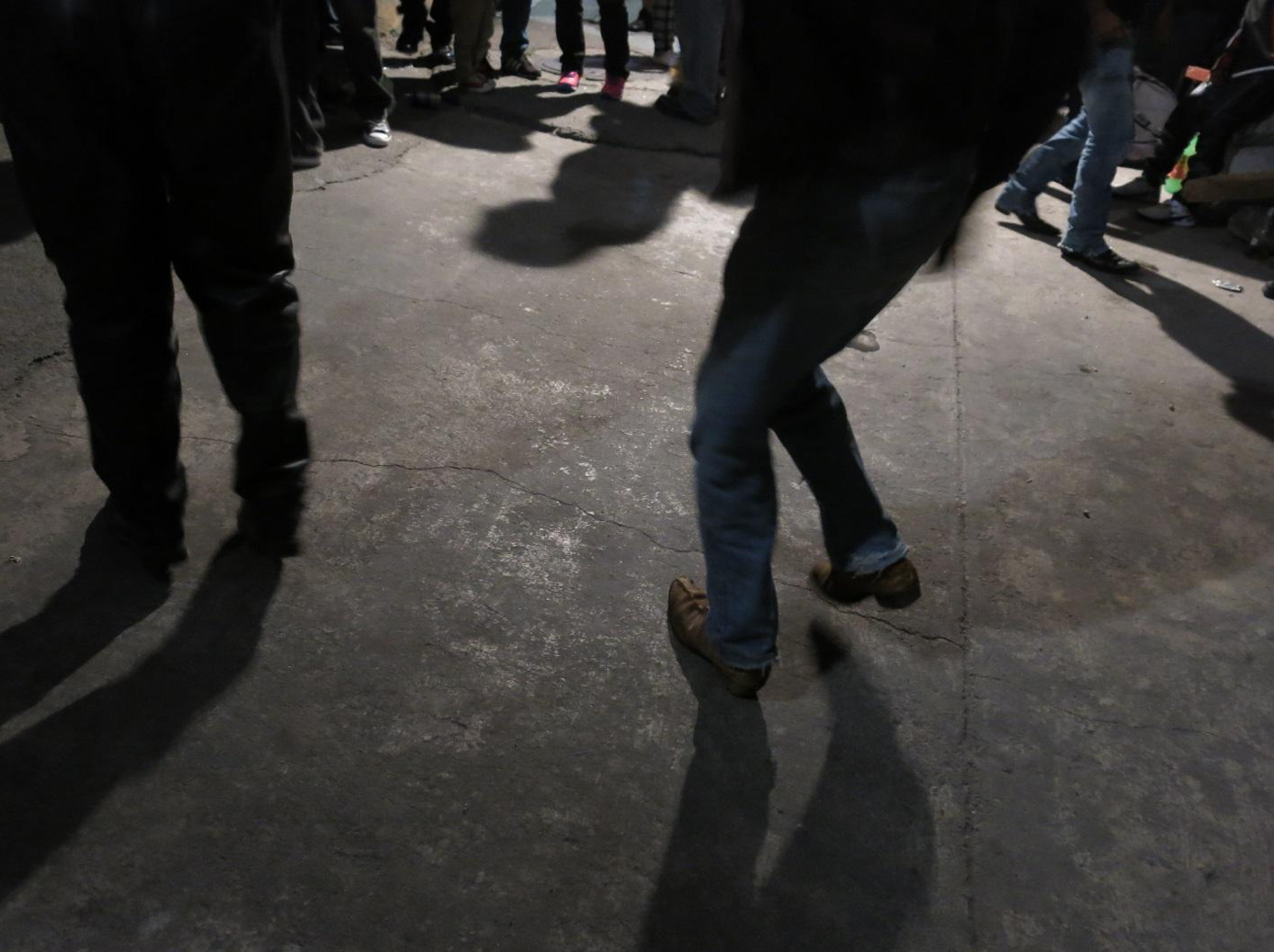Bandas beyond their ‘Ethnographic Present’: Neoliberalism and the Possibility of Meaning in Mexico City
DOI:
https://doi.org/10.5617/jea.5527Keywords:
Bandas, life trajectories, masculinity projects, Neoliberalism, meaningAbstract
Mexico faced significant financial crises during the late seventies and early eighties emanating from the Mexico City, due to its centrality. These crises were connected to the introduction of neoliberal reforms in the country. Simultaneously, a form of children and youth organization appeared in some of the incipient and impoverished neighbourhoods in the West of the city, the bandas; parallel to the inception of ‘City Santa Fe,’ a luxurious utopia. Difficult urban and social conditions, violence and uncertainty not only gave birth to the bandas, but became their insignia. A temporal distance of nearly three decades from the birth of the bandas allows for a procedural analysis that overcomes the temptation to limit a research on youth groups to their ‘ethnographic present.’ The bandas’ members narrate their life trajectories as search for better scenarios and, along the way, find meaning and order in otherwise chaotic events. Belonging to a banda serves as a coordinate from where to array a set of events and processes, and assess their outcomes, a coordinate for framing certain ‘masculinity projects’, allowing feelings of progression, satisfaction and even redemption.

Downloads
Published
Issue
Section
License
Authors retain copyright and grant the journal right of first publication with the work simultaneously licensed under a https://creativecommons.org/licenses/by-nc-nd/4.0/
that allows others to share the work with an acknowledgement of the work's authorship and initial publication in this journal, for non-commercial purpose, no derivatives are permitted. (Please not that this license has been used since 1.10.2018 and will be used in the future. Articles published between 1.1.2017-and 30.9.2018 are licensed under CC BY license: https://creativecommons.org/licenses/by/3.0/) Authors are able to enter into separate, additional contractual arrangements for the non-exclusive distribution of the journal's published version of the work (e.g., post it to an institutional repository or publish it in a book), with an acknowledgement of its initial publication in this journal. Authors are permitted and encouraged to post their work online (e.g., in institutional repositories or on their website) prior to and during the submission process, as it can lead to productive exchanges, as well as earlier and greater citation of published work (See The Effect of Open Access).


